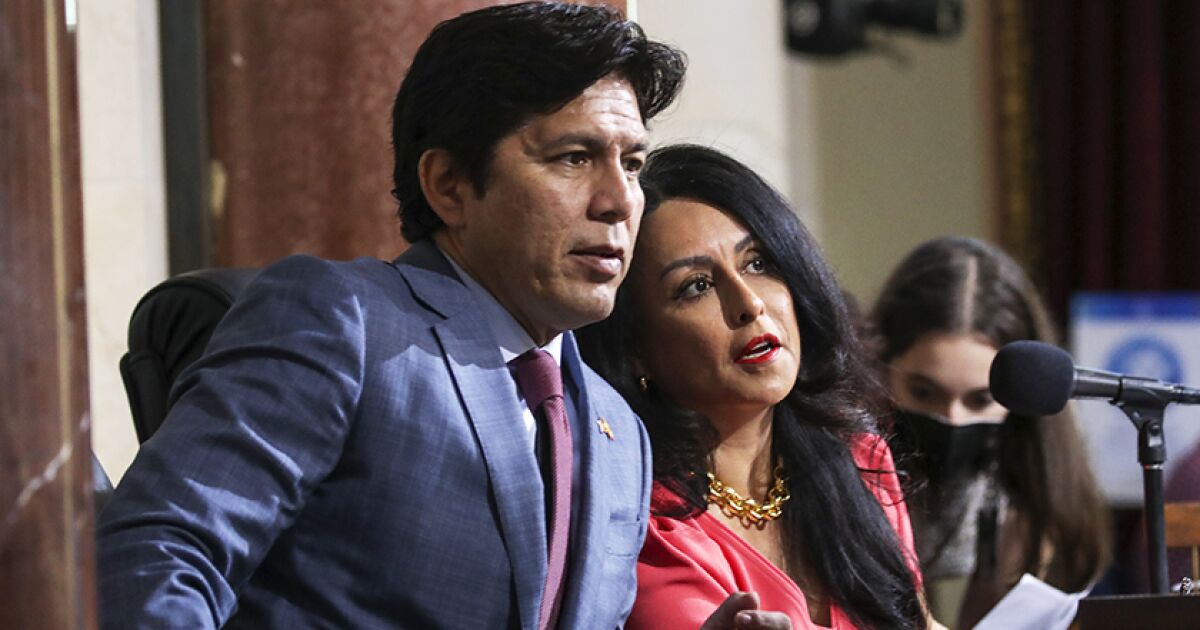Hare was arrested Tuesday afternoon on a complaint for a felony hit-and-run accident resulting in death or injury. According to the Rapid City Journal, the crime is a class 6 felony with a maximum penalty of two years in prison and up to a $4,000 fine.
During Hare’s initial hearing on Wednesday, the state asked for a $10,000 cash-only bond, noting that Hare not only fled the scene but took steps to cover up his crime. Rapid City Police identified his vehicle in a photo from the scene, a 2008 Chevy Silverado, which was later found at Southern Rapid City address. During the hearing, it was confirmed that Hare owned the vehicle and had taken steps to destroy evidence before he was arrested.
In an argument that Hare should be considered for bail, Hare’s attorney attempted to use his residence in the city, his longtime employment, and the fact that he has a family in the area as examples of his responsible nature.
Only one of Brave Heart’s family members attended the court hearing, her aunt Leann Iron Hawk. According to Iron Hawk, the rest of the family was unable to come because they were making funeral arrangements in nearby Pine Ridge, where Brave Heart lived. Iron Hawk said she was “angry and disgusted.” She also shared that her niece’s casket would be closed due to the nature of her injuries.
According to witnesses, Brave Heart was alive after Hale fled the scene, but she had died by the time law enforcement arrived.
According to the Rapid City Journal, less than four hours after the judge set his bond at $10,000 cash only, Hare no longer appeared on the Pennington County Jail Roster—likely indicating that he made bail.
“He just left her there to die,” Iron Hawk said. In comments to reporters, Iron Hawk says she doesn’t believe Hare should have been granted bail at all, and it should have been set higher.
His sentence hearing is scheduled to be on Nov. 3. If a grand jury indicts him, the court will cancel the hearing and move on to other proceedings.
Many incidents of violence against Indigenous women often go without consequence or justice. Indigenous women and girls are not only murdered at rates ten times higher than all other ethnicities, but murder is the third leading cause of death for Indigenous women, according to the Centers for Disease Control. Most of the cases impacting Native women and girls go without investigation; families and loved ones, caught between a lack of national interest, lack of resources, and jurisdictional issues, sometimes spend decades pleading for justice.
According to Native Women’s Wilderness, as of 2016, the National Crime Information Center has reported 5,712 cases of missing American Indian and Alaska Native women and girls—meanwhile, the U.S Department of Justice’s missing person database has only reported 116 cases.
















